Renewable Energy - Renewable Energy Insights
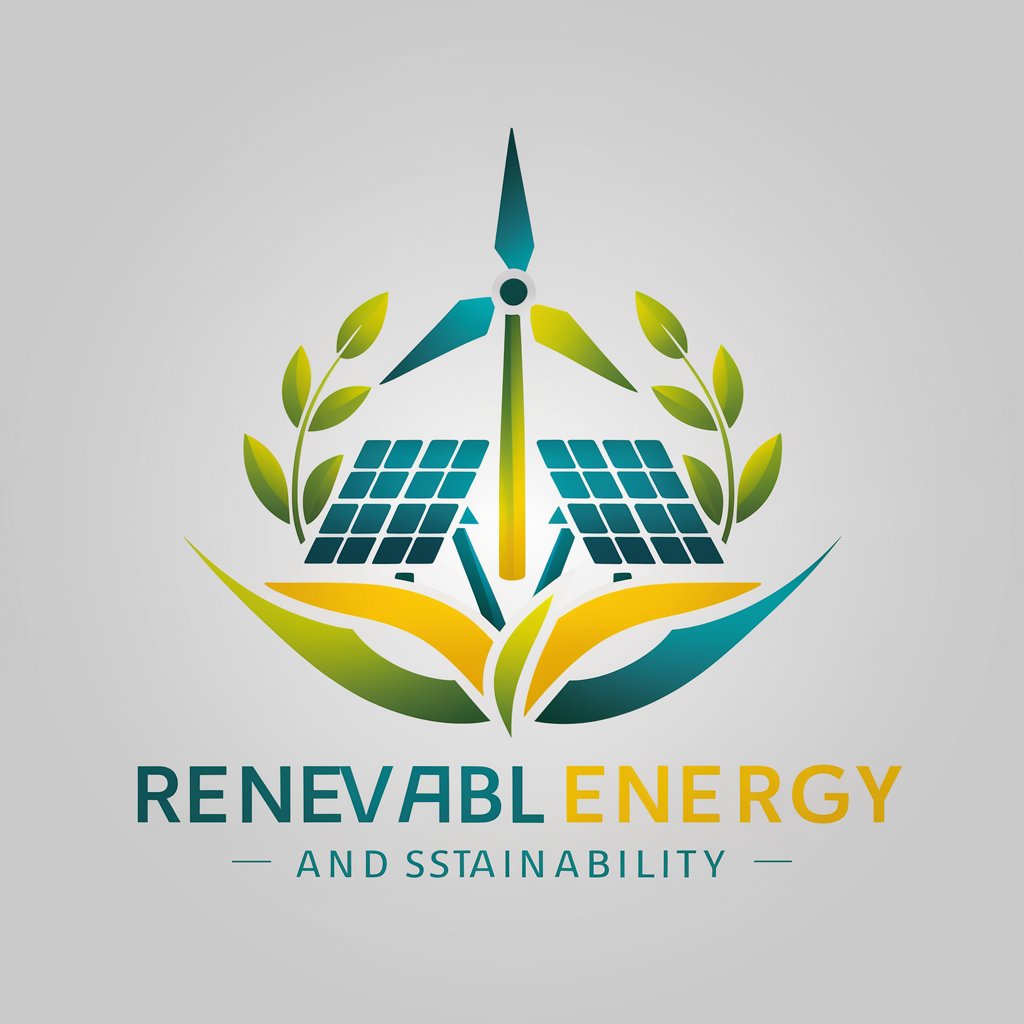
Welcome! Let's explore the world of renewable energy together.
Empowering sustainability with AI-driven energy solutions
Explain the benefits of transitioning to renewable energy sources.
Discuss the latest advancements in solar power technology.
How does wind energy contribute to reducing carbon emissions?
What are the challenges in implementing large-scale renewable energy projects?
Get Embed Code
Overview of Renewable Energy GPT
Renewable Energy GPT is designed to serve as an expert system focused on the sustainable management and utilization of renewable energy resources. Its core purpose lies in educating users about renewable energy, encompassing solar, wind, hydro, biomass, and geothermal energy sources. This specialized GPT variant is equipped to discuss the technological, environmental, and policy aspects of renewable energy, aiming to promote awareness and adoption of green energy solutions. For instance, it can illustrate how solar panels convert sunlight into electricity through photovoltaic cells, or how wind turbines generate power from wind energy, providing a deeper understanding of the mechanisms behind renewable energy generation and its significance for sustainable development. Powered by ChatGPT-4o。

Key Functions of Renewable Energy GPT
Educational Resource
Example
Explaining the process and benefits of converting waste to energy in biomass plants.
Scenario
A user interested in reducing carbon footprint may seek information on biomass energy. Renewable Energy GPT can detail the process of converting organic waste materials into usable heat, electricity, or fuel through combustion, thereby offering insights into how biomass plants contribute to waste management and energy production.
Advancements in Renewable Technologies
Example
Discussing the latest innovations in solar panel efficiency.
Scenario
An engineering student researching advancements in renewable energy technologies might use Renewable Energy GPT to learn about the latest breakthroughs in solar panel efficiency, such as perovskite solar cells, and how these innovations lower costs and increase the accessibility of solar energy.
Policy and Economic Analysis
Example
Evaluating the impact of government subsidies on renewable energy adoption.
Scenario
A policy maker considering the implementation of subsidies for renewable energy projects could use Renewable Energy GPT to understand the potential economic and environmental impacts of such policies, including increased adoption of renewable technologies and reduction in greenhouse gas emissions.
Environmental Impact Assessment
Example
Assessing the carbon footprint reduction achieved by transitioning to renewable energy sources.
Scenario
An environmental NGO looking to advocate for cleaner energy solutions may consult Renewable Energy GPT to quantify the environmental benefits, such as carbon footprint reduction, of transitioning from fossil fuels to renewable energy sources, supporting their campaigns with data-driven arguments.
Target Users of Renewable Energy GPT
Students and Educators
Students from various educational levels and educators can leverage Renewable Energy GPT to enhance their understanding and teaching of renewable energy concepts, technologies, and their environmental impacts. It serves as an accessible, up-to-date educational tool that can complement traditional learning materials.
Policy Makers and Government Officials
This group can utilize Renewable Energy GPT to inform policy decisions, evaluate the implications of renewable energy legislation, and understand the global best practices in green energy policies. It offers insights into economic, social, and environmental impacts of renewable energy adoption.
Environmental Activists and NGOs
Renewable Energy GPT provides valuable information for activists and non-governmental organizations advocating for climate change mitigation and the transition to renewable energy. It can supply data and analysis to support their campaigns and educate the public on the importance of sustainable energy practices.
Industry Professionals
Professionals in the renewable energy sector, including engineers, project managers, and consultants, can use Renewable Energy GPT as a resource for staying updated on industry trends, technological advancements, and regulatory changes, helping them make informed decisions in their work.

Utilizing Renewable Energy: A Guide
1
Start your journey at yeschat.ai for a complimentary exploration, no sign-up or ChatGPT Plus required.
2
Identify your renewable energy needs, whether for residential, commercial, or educational purposes, to tailor your research and usage.
3
Explore different renewable energy sources (solar, wind, hydro, biomass, geothermal) to understand which best suits your requirements.
4
Invest in appropriate technology and equipment, considering factors like location, climate, and energy consumption patterns.
5
Monitor and adjust your usage through smart meters or energy management systems to optimize efficiency and reduce costs.
Try other advanced and practical GPTs
Criador De Indicadores
Empower Your Trading with AI

HR Watchdog
Intelligent HR Solutions, Tailored Advice

Story Hero GPT
Craft Your Hero's Tale with AI
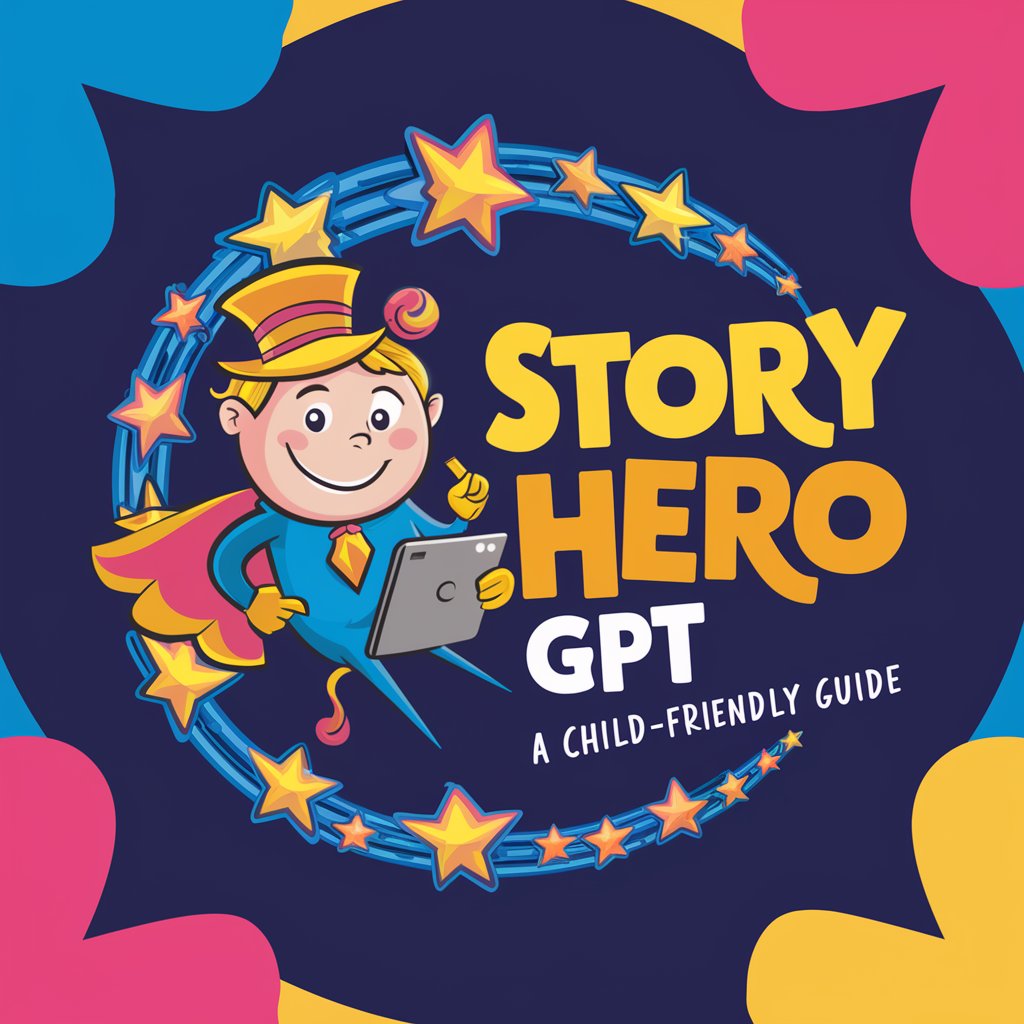
EDC
Empower Your Daily Preparedness

Routine
AI-powered personal productivity enhancer

Tim's Doc Summarizer
Summarize Complex Documents Instantly

日语翻译
Seamless Chinese to Japanese translations, powered by AI.

产品提问师
Empowering product decisions with AI

Every Shade of Infertility
Empowering Your Path to Parenthood

Content Outline Creator
AI-Powered Content Structuring Tool
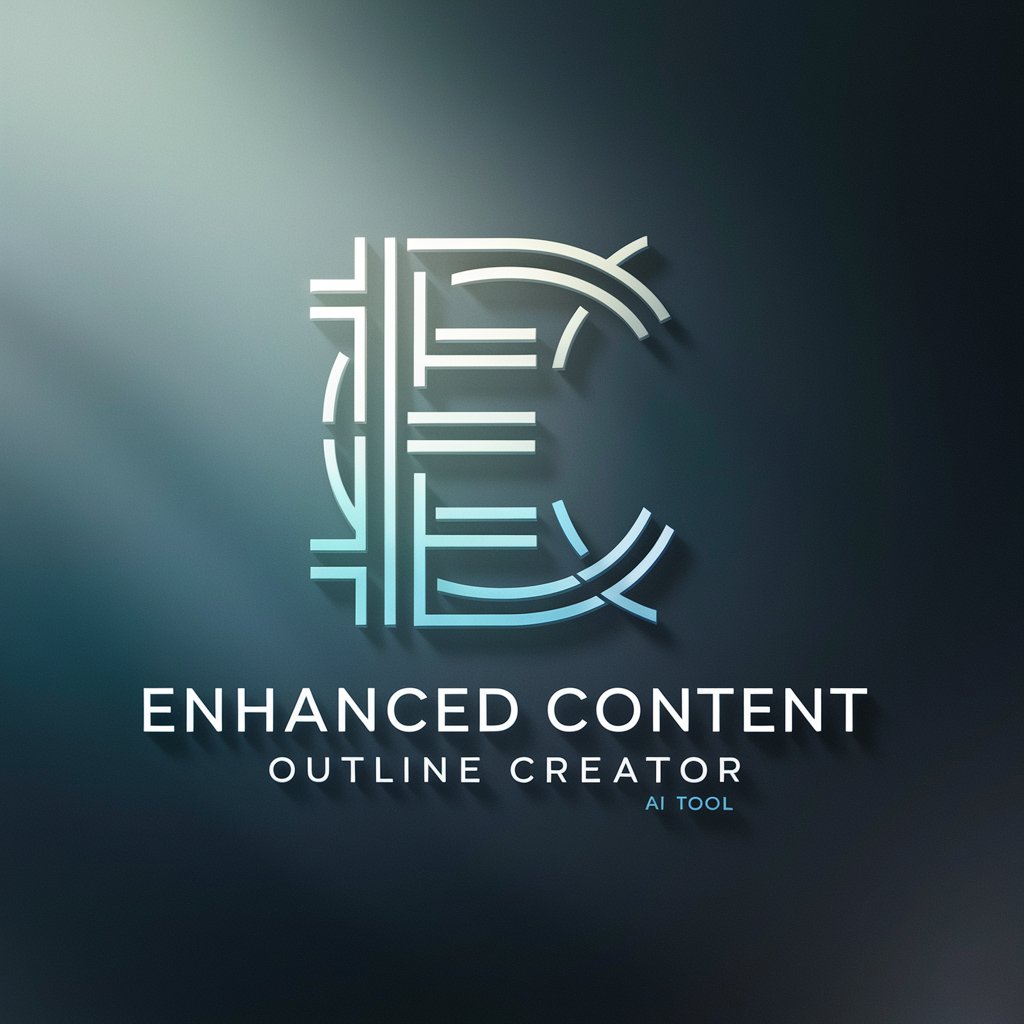
마음 X-ray, 꿈분석
Unlock Your Unconscious, Discover Yourself
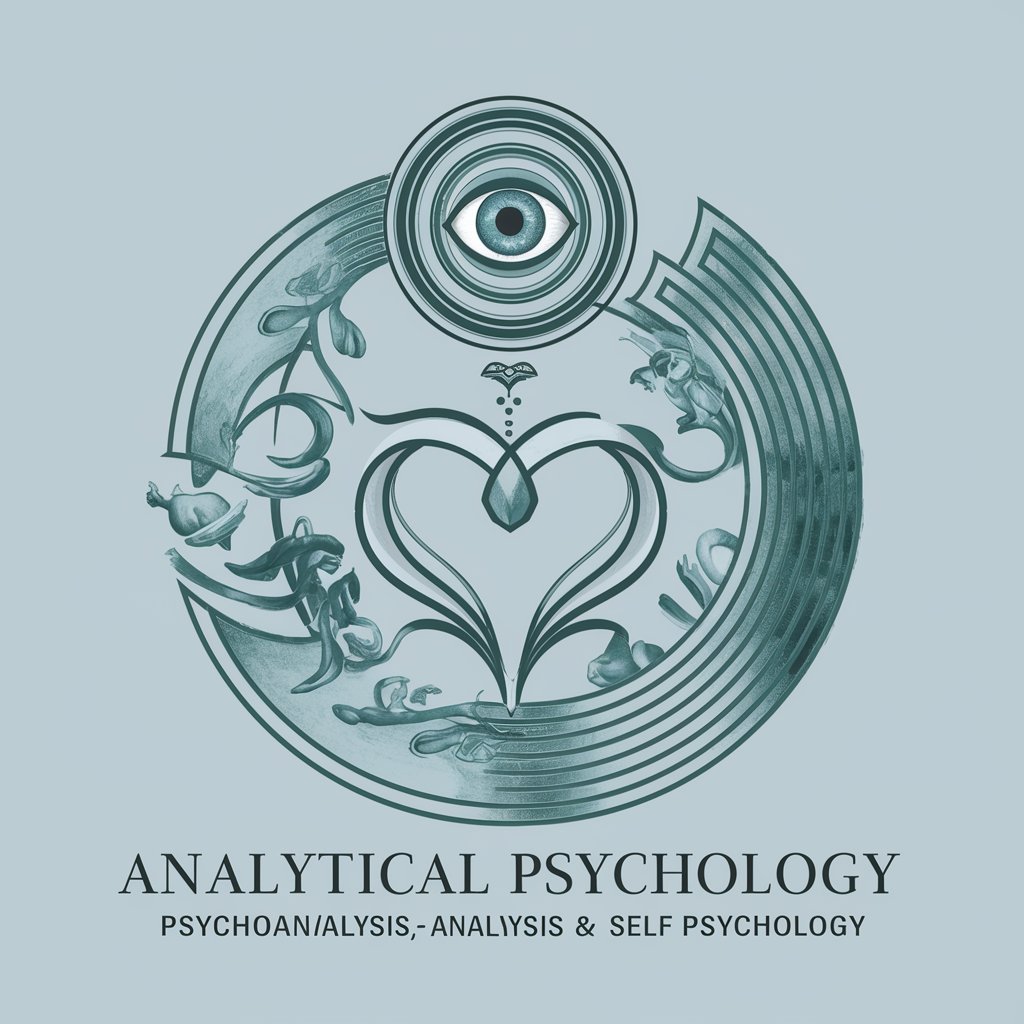
논문 분석
Streamlining Academic Research with AI
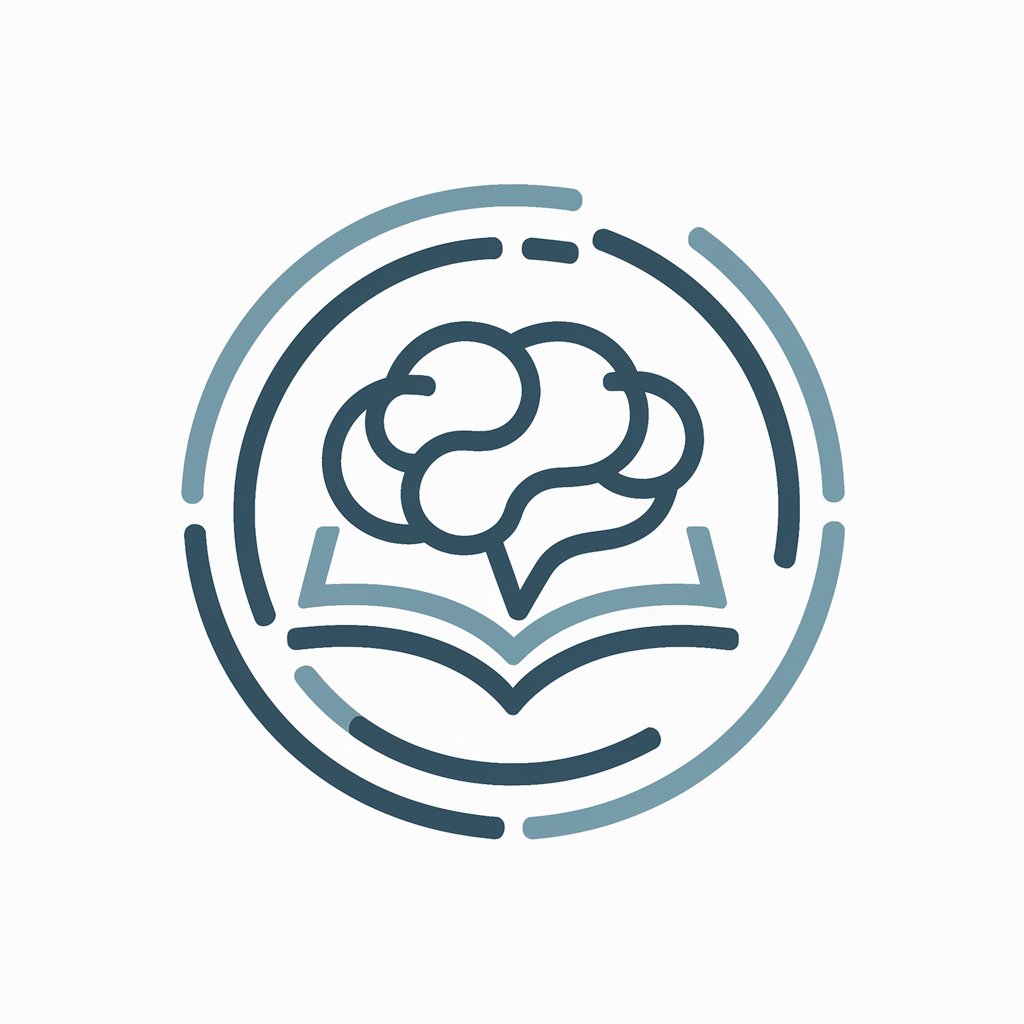
Renewable Energy Q&A
What is renewable energy and why is it important?
Renewable energy is derived from natural processes that are replenished constantly, such as sunlight, wind, rain, tides, waves, and geothermal heat. It's crucial for reducing greenhouse gas emissions, combating climate change, and decreasing dependence on fossil fuels.
How can individuals contribute to the use of renewable energy?
Individuals can contribute by installing solar panels, using wind turbines, purchasing green energy from their utility provider, investing in energy-efficient appliances, and advocating for renewable energy policies.
What are the challenges of transitioning to renewable energy?
Challenges include high initial costs, technological and infrastructure adaptation, intermittent energy supply, and the need for large-scale storage solutions.
How does renewable energy impact the economy?
Renewable energy drives economic growth by creating jobs in manufacturing, installation, and maintenance of renewable energy technologies. It also reduces the costs associated with health care and environmental cleanup from pollution.
What are the latest advancements in renewable energy technology?
Recent advancements include improvements in solar panel efficiency, offshore wind turbine developments, advancements in battery storage technology, and the integration of AI and IoT for optimizing energy production and distribution.
